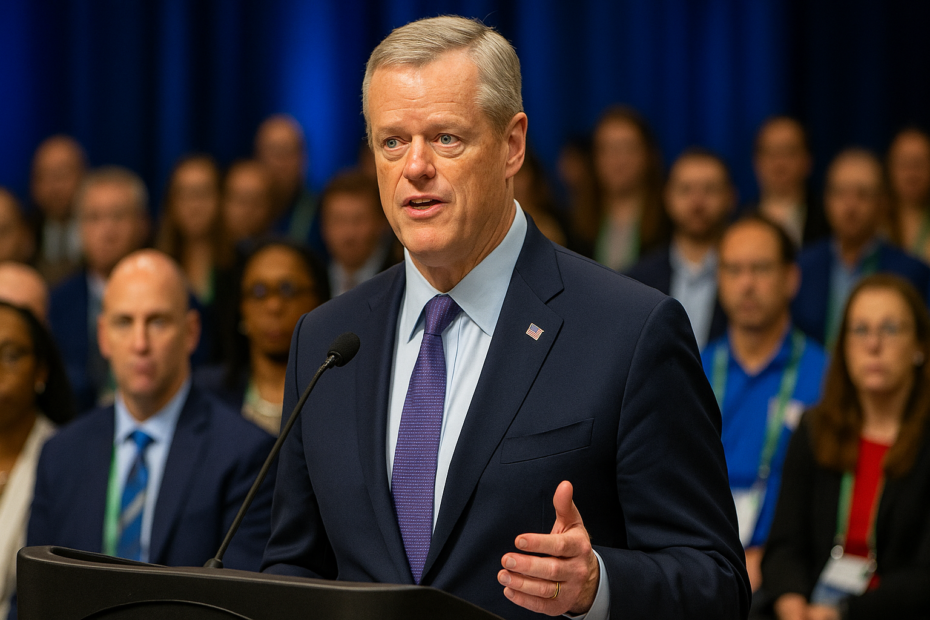⚖️ A Turning Point in College Sports
In a landmark shift, the NCAA has agreed to a $2.8 billion settlement ending multiple antitrust lawsuits and allowing Division I schools to directly share revenue with student-athletes starting July 1.
NCAA President Charlie Baker called this a transformative win, saying the agreement “creates a future that comes with choices, instead of bankruptcy”.
💵 How the Deal Works
- Back pay to athletes: $2.8 billion—covering athletes who competed since 2016, distributed over a decade.
- Institutional payments: Each school can distribute up to $20.5 million in the first year, with caps rising over time.
- New athlete protections: The deal introduces medical benefits, roster management rules, and the College Sports Commission for oversight.
🛡️ Stability in Uncertain Times
Before the settlement, the NCAA faced potential $20 billion liabilities and the risk of financial collapse. The structured payout avoids immediate financial strain and allows amortized support over time.
Baker added, “It’s better to pay over 10 years instead of triple that amount all at once”—insisting this was the only viable way to preserve the NCAA’s future.
🔍 Key Implications for College Athletics
| Focus Area | What It Means |
|---|---|
| Athlete Compensation | For the first time, schools can pay athletes directly—a major shift from NIL deals via third parties. |
| Program Funding & Caps | Athletic departments must plan budgets around these payments and scholarship adjustments. |
| Regulatory Oversight | New bodies like the College Sports Commission will enforce NIL compliance and roster limits . |
| Legal & Political Fallout | NCAA is seeking federal protection to avoid future antitrust lawsuits, athlete employment challenges, and conflicting state laws . |
🧭 What’s Next?
- Schools opt-in by June 15 (some may delay to July 1).
- Federal legislation is crucial: NCAA seeks a shield from antitrust suits and uniform rules nationwide .
- Title IX concerns: Disparities in pay vs. revenue-sharing for men’s vs. women’s sports may spark new legal scrutiny.
